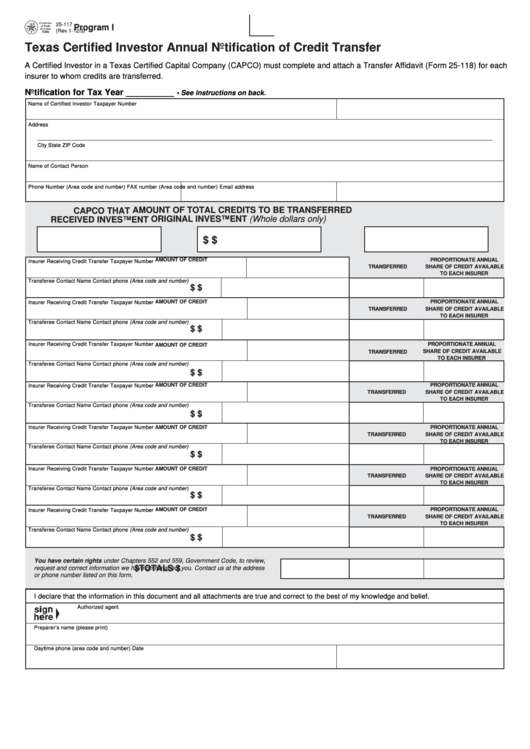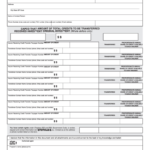Middlebury Transfer Credit Form – If you’re confused about the process of transferring, you may submit you with the Transfer Credit Acquired form, or the TCAF. You might have a subject that you’ve not completed or didn’t earn a grade for and are wondering if you can utilize it for your degree. The good news is that you can. Commonly, courses that earn an C or higher do not require material review. However, be aware all coursework that doesn’t go to a particular U-M course is considered departmental credit. If it’s not departmental credit, you can’t transfer it to a U-M degree and you may have a hard time meeting the requirements of your degree.
Coursework should earn a grade equivalent to a grade of C or higher.
For your course to transfer to another institution, they must have been awarded the grade of C or better. To be eligible for transfer credits, they must be completed at an accredited institution, such as The Higher Learning Commission or the Middle States Association of Colleges and Schools (MASAC). International programs must be evaluated individually. Transcripts that are official must be presented directly to CCS. The previous institution you attended must have accepted the courses.
To transfer credit from your previous institution, the courses you have taken at a foreign school require a passing grade of C or better. The grades of Pass/Satisfactory aren’t transferable, nor are college algebra, college developmental courses or technical and career courses. However this policy has been modified in the course of the COVID-19 pandemic, and all courses that were previously taken can be considered transferable.
For credit transfer, courses which are offered by institutions with regional accreditation are required to be graded that is “C” or better in the previous institution. To be able to transfer credits they must be similar in terms of scope and in content. While a grade of C is the minimal requirement for transferable credits certain institutions can accept marks of “D” or higher. Accreditation organizations comprise these bodies: the Middle States Association of Colleges and Schools and the New England Association of Schools and Colleges, the Northwest Association of Schools and Colleges, and the Southern Association of School and Colleges.
TCEL contains courses that have transferred to Clemson before. This is not a comprehensive list and courses not listed in this list will have to be evaluated when you apply to Clemson. Also, this TCEL listing also lists Equivalencies for courses, however, the list does not reveal differences regarding credit hours between institutions. The TCEL list courses that are equivalent to courses taken at other colleges however, the Office of Admissions’ evaluations are based upon current information.
Although the course you took previously may be acceptablefor you, it is important to review its academic implications. If you’re struggling to complete the necessary course work you may want to consider retaking it. Do your best to score at least a “C” in the course as well as meet any other requirements set by the university. If you take a course more than three times can negatively impact your cumulative GPA, so be careful in deciding whether to repeat the course.





